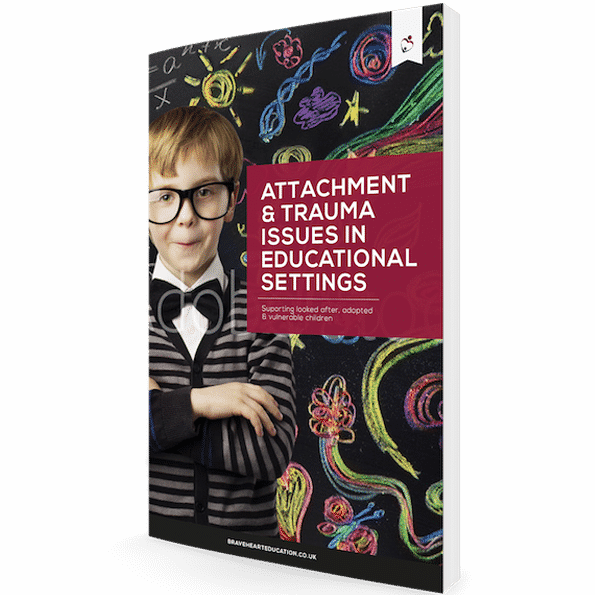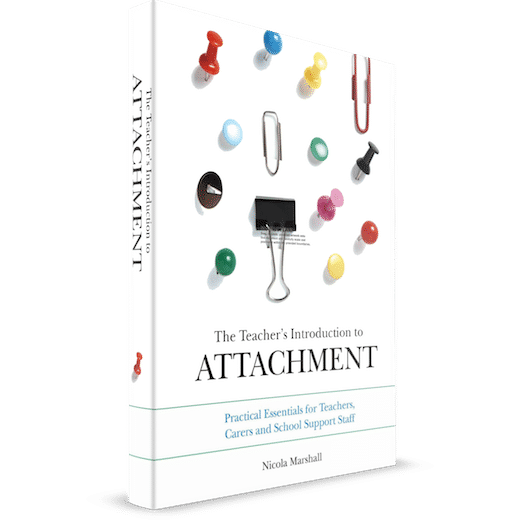When my three children were in Primary School I remember well the walk of shame. That moment at the end of the day when you’re waiting patiently for your children to come out. You see all the class come out and every other child is deposited to their adoring parents whilst you wait for yours to appear. There they are – with a member of staff in tow and looking a bit sheepish (the child, not the adult although they look more annoyed than sheepish). And then there it is, that sentence, those immortal words you dread to hear shouted across the playground,
“Mrs Marshall, could I have a word?”
There it is. All eyes now on you. Everyone knows your child is the ‘naughty’ child today. They have done something so terrible it elicits the walk of shame from you to go and get a flea in your ear about something your child may have done.
I’m over egging it a bit for poetic license – but you get the picture. Some of you fellow parents reading this are all too familiar with this feeling. But this post is written for you who work in schools. I hope as you read on that it may change your view and ultimately your approach to those adults who are parenting children who struggle in our school environments.
I know for many adopters, for example, the road to parenting has not been a smooth one. There have been many hoops to jump through and sometimes those hoops have been on fire! Once your child is placed with you there is then the phenomenal journey of parenting traumatised children; who react in strange ways at times, who do not feel safe and calm often and who take their frustrations out on those around them.
These parents may be feeling exhausted, confused and guilty for struggling with their long awaited children. They may not want to join the PTA for fear of the judgement from other parents around their child’s behaviour. They may not be able to socialise with the other parents or identify with the high achievers and the competition that’s sometimes evident in parents. And they certainly feel a lot of the shame their children feel when things don’t work out well with their child and other children in school.
Shame can be paralysing. For children that may be the feeling of toxic shame at their core as a result of needs not being met consistently when they were younger. Or indeed parents who feel the depth of frustration and despair as they struggle to provide the therapeutic environment some children need.
What will not help in these circumstance is piling on more shame. I am forever shocked at our culture in the UK that we seem to take pleasure in running others down publicly. When there’s a scandal in a celebrities life we revel in it. When politicians bring colleagues personal struggles into the light we gasp and give our well informed opinions. We seem to love shaming others. Maybe it makes us feel better about our own lives?!
When thinking about working with families though, especially those who may be prone to feeling shame already – i.e. adopters, carers, birth parents who are struggling or who also had a difficult start in life, we need to make sure we minimise the impact of shame as much as possible.
One way to do this is to avoid the walk of shame. Arrange to meet with that parent every week say for 20 minutes at the start of the day – PRIVATELY to discuss the child’s progress. That way you have a forum to discuss the challenges but also the parent or carer has a place to discuss concerns and to hear some positive news about their child as well as to work together in partnership for the child.
Another thing to consider are the rewards and sanctions you have in your school. For many children these will compound the sense of shame they feel and make them feel worse, as well as not changing their behaviour long term. Making a child do their own walk of shame across the classroom to move their name off the happy face to the sad face, for example, is cruel. Even to point out that they have done a great piece of work in front of the whole class may be hard for some of them. Consider their style of Attachment and how what you are doing may make them feel.
Above all remember that the home/school relationship is paramount. If we cannot work together then the welfare of our children is at risk. Whatever we can do to build up this partnership is key. Just as we say on our training when talking about the children – take it away from the public arena and make it private – do the same with parents and carers too. We need to feel safe and that we are not judged, so that we can all work together for the good of our very vulnerable children who need us all to work together for their futures.



